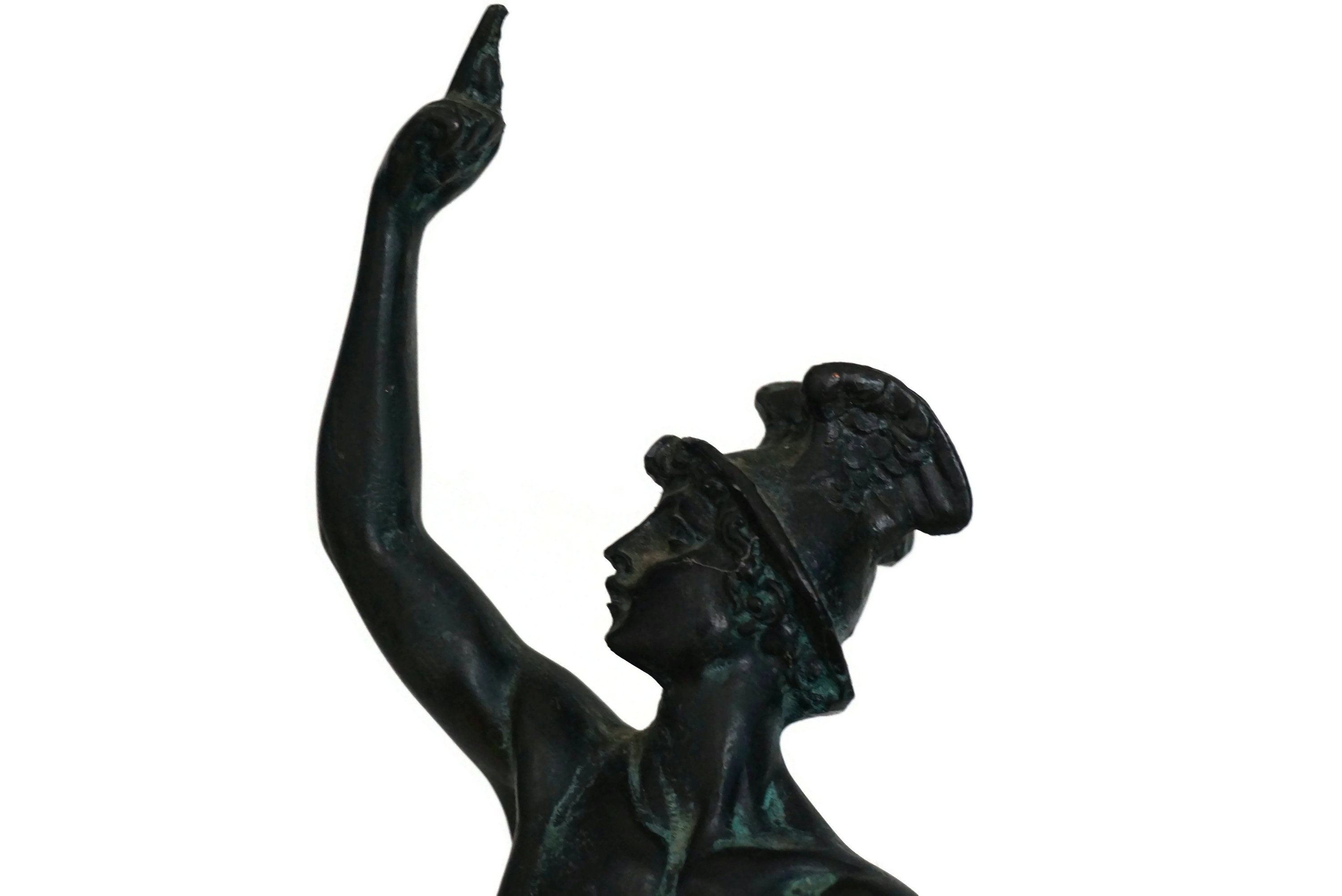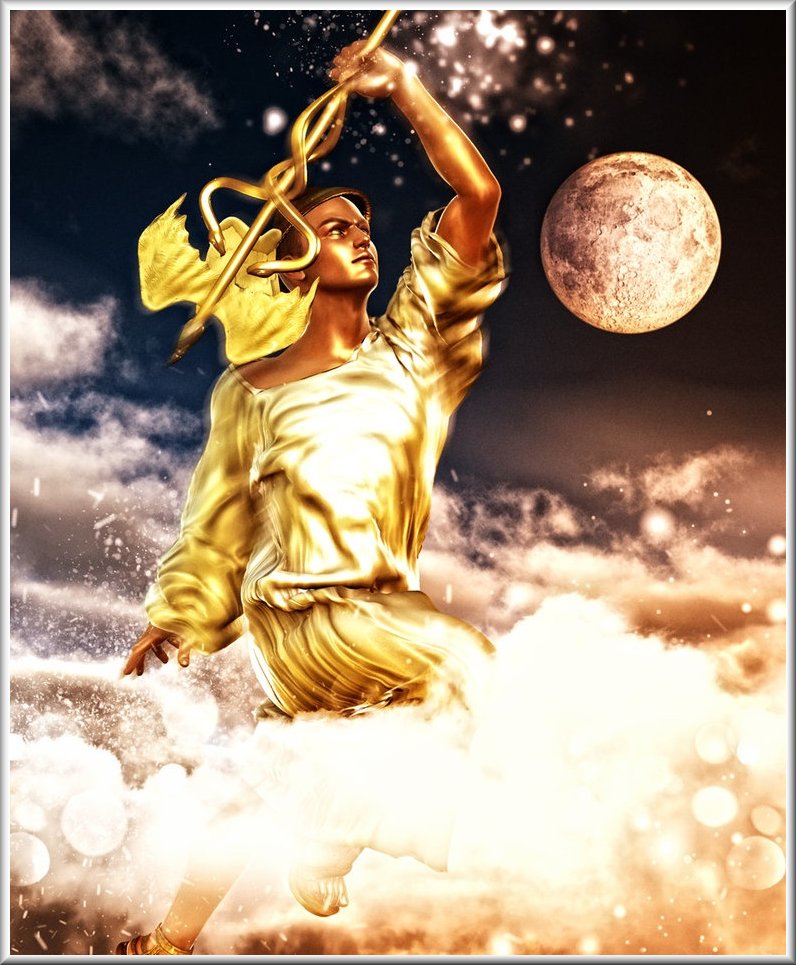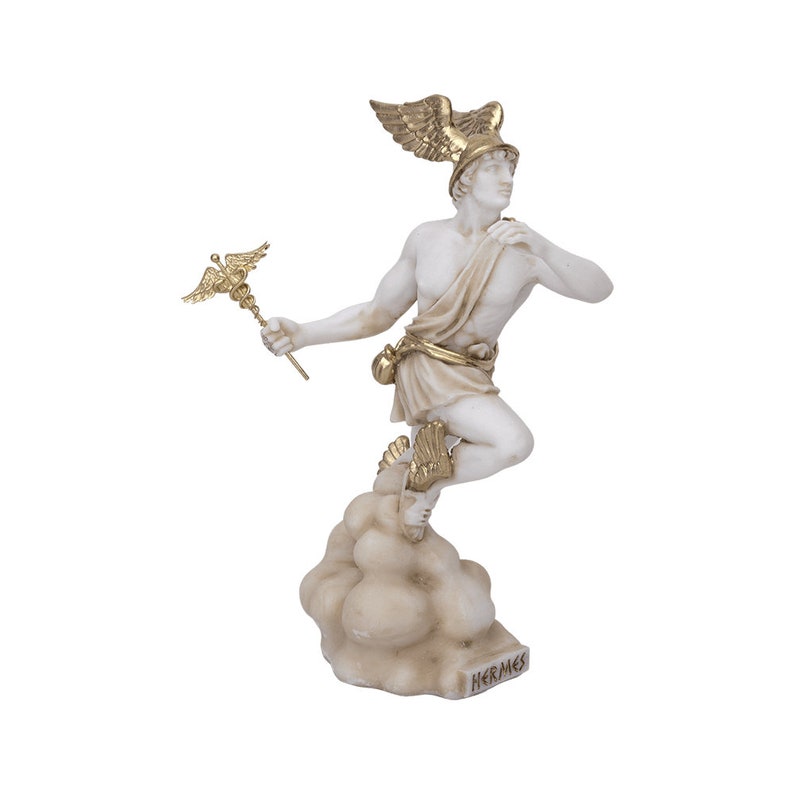

Zeus laughed and offered his young son a place among the great gods of Olympus, provided he return Apollo’s stolen cattle first.

He had immediate love for his mischievous child. Rather than being angry though, he was amused at the child’s quick wit.ĭespite his well-known temper, Zeus was also a god who delighted in amusements. He wove elaborate lies and swore outlandish oaths in his defense. Knowing the thief to be one of Zeus’s children, he didn’t believe the innocent baby was as helpless as he appeared. When Apollo arrived at the cave, he found Maia and the baby in his crib. This was a symbol of Zeus, which told Apollo that the culprit was another of the king’s children. Knowing that the cows were walking backward allowed Apollo to follow their tracks, which led him to Maia’s cave.Īlong the way, Apollo saw another clue that told him who had stolen his herd.Īccording to the great poet Homer, Apollo saw an eagle with long wings soaring overhead. He came across the farmer, Battos, who admitted that he had seen the animals walking backward, being driven by a very small child. When Apollo discovered his missing cattle, he immediately went searching for them. After a night of mischief, he climbed back into his crib. Hermes returned to the cave before Maia awoke. He burned the meat so that the other gods could enjoy the pleasant aroma, thus becoming the inventor of sacrifices. He cooked the meat of the cows he had killed, but as a god was unable to eat it. He butchered two of Apollo’s cattle on the spot and hid the rest. Hermes promised the farmer a plentiful crop and a good vintage in exchange for not telling anyone he had seen the cattle.Īt dawn, Hermes stopped to rest. For himself, he made wicker sandals to disguise his footprints.Īlong the way, he passed by an old man working at the edge of a vineyard. He made the cows walk backward to confuse anyone looking for them. He stole fifty of his half-brother’s finest animals but was careful to, quite literally, cover his tracks.

Hermes made his way to Thessaly, where Apollo kept a herd of cattle. He was getting hungry and decided that he wanted to try meat. Hermes hadn’t had enough mischief for one night, though. Some myths say that the first song the clever young god composed was a hymn in celebration of his own birth. He used seven strings in honor of his mother and her sisters.Īt less than a day old Hermes had invented the lyre, an instrument that would be forever associated with Greek culture. He dug the meat out of its shell and fitted it with reeds and gutstring.
#HERMES GREEK GOD HOW TO#
The first creature he found was a tortoise, and his clever mind instantly devised a plan for how to put the animal to use. While his mother slept, the baby Hermes crawled out of her cave. He grew quickly, even by the standards of a god, and on the first night of his life was already causing mischief. The nymph became one of his many lovers and she secretly gave birth to their son, Hermes.įrom the beginning, it was clear that the newborn god had a knack for trouble. Instead, she lived alone in a secluded mountain cave.Įven shying away from the society of the rest of the gods, Maia drew Zeus’s attention. The shyest of the seven sisters, Maia avoided the great court at Mount Olympus. These daughters of the Titan Atlas and the sea nymph Pleione are best remembered for the constellation of seven stars named in their honor. Maia was the oldest of the seven Pleiades. Read on to find out how a god of trickery and mischief became one of the most important deities in all of Greek mythology! Hermes was Born a Trickster The story of how he earned that position, though, isn’t the tale of heroism and strength you might expect from one of the most important gods in ancient Greece.Īnd while a messenger might seem a minor position compared to the gods of things like war or love, Hermes was one of the most widely-revered and often mentioned gods in Greek mythology.Īlso known by his Roman name, Mercury, Hermes was far more than just a messenger. Hermes was the messenger of the gods and the official herald of Zeus.


 0 kommentar(er)
0 kommentar(er)
